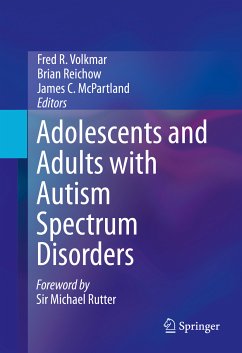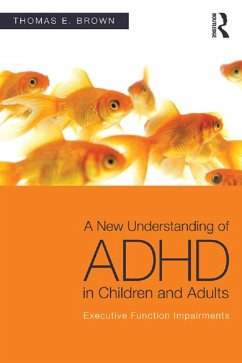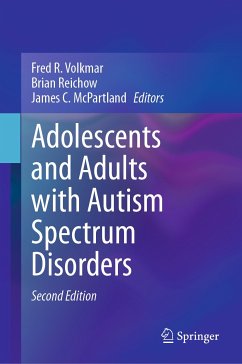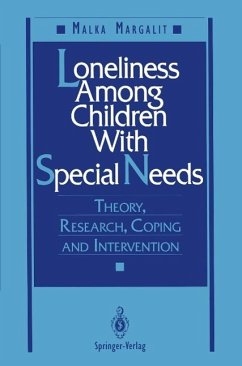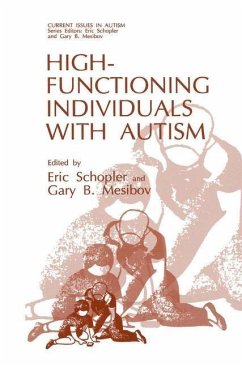
Handbook of Executive Functioning (eBook, PDF)
Versandkostenfrei!
Sofort per Download lieferbar
312,95 €
inkl. MwSt.
Weitere Ausgaben:

PAYBACK Punkte
156 °P sammeln!
Planning. Attention. Memory. Self-regulation. These and other core cognitive and behavioral operations of daily life comprise what we know as executive functioning (EF). But despite all we know, the concept has engendered multiple, often conflicting definitions and its components are sometimes loosely defined and poorly understood.The Handbook of Executive Functioning cuts through the confusion, analyzing both the whole and its parts in comprehensive, practical detail for scholar and clinician alike. Background chapters examine influential models of EF, tour the brain geography of the executiv...
Planning. Attention. Memory. Self-regulation. These and other core cognitive and behavioral operations of daily life comprise what we know as executive functioning (EF). But despite all we know, the concept has engendered multiple, often conflicting definitions and its components are sometimes loosely defined and poorly understood.
The Handbook of Executive Functioning cuts through the confusion, analyzing both the whole and its parts in comprehensive, practical detail for scholar and clinician alike. Background chapters examine influential models of EF, tour the brain geography of the executive system and pose salient developmental questions. A section on practical implications relates early deficits in executive functioning to ADD and other disorders in children and considers autism and later-life dementias from an EF standpoint. Further chapters weigh the merits of widely used instruments for assessing executive functioning and review interventions for its enhancement, with special emphasis on children and adolescents.
Featured in the Handbook:
The Handbook of Executive Functioning is an essential resource for researchers, scientist-practitioners and graduate students in clinical child, school and educational psychology; child and adolescent psychiatry; neurobiology; developmental psychology; rehabilitation medicine/therapy and social work.
The Handbook of Executive Functioning cuts through the confusion, analyzing both the whole and its parts in comprehensive, practical detail for scholar and clinician alike. Background chapters examine influential models of EF, tour the brain geography of the executive system and pose salient developmental questions. A section on practical implications relates early deficits in executive functioning to ADD and other disorders in children and considers autism and later-life dementias from an EF standpoint. Further chapters weigh the merits of widely used instruments for assessing executive functioning and review interventions for its enhancement, with special emphasis on children and adolescents.
Featured in the Handbook:
- The development of hot and cool executive function in childhood and adolescence.
- A review of the use of executive function tasks in externalizing and internalizing disorders.
- Executive functioning as a mediator of age-related cognitive decline in adults.
- Treatment integrity in interventions that target executive function.
- Supporting and strengthening working memory in the classroom to enhance executive functioning.
The Handbook of Executive Functioning is an essential resource for researchers, scientist-practitioners and graduate students in clinical child, school and educational psychology; child and adolescent psychiatry; neurobiology; developmental psychology; rehabilitation medicine/therapy and social work.
Dieser Download kann aus rechtlichen Gründen nur mit Rechnungsadresse in A, B, BG, CY, CZ, D, DK, EW, E, FIN, F, GR, HR, H, IRL, I, LT, L, LR, M, NL, PL, P, R, S, SLO, SK ausgeliefert werden.






